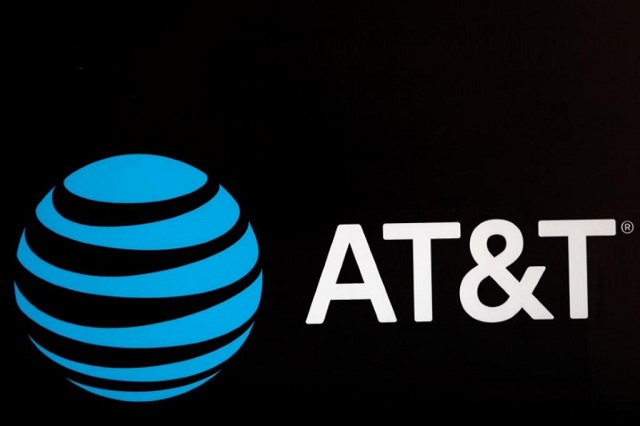
The Justice Department sued in November to stop AT&T, the number 2 US wireless company, from buying Time Warner for $85 billion because of concerns that it could raise prices for rivals and pay-TV subscribers as well as hamper the development of online video. Trial is set for March 19.
Daniel Petrocelli, who represents AT&T and Time Warner, said that his team had been unable to get data requested from third parties, who had said they no longer had some of it. He asked the government, which did have the data, to return it so it could be subpoenaed.
Where Netflix goes, Big Tech may follow
An attorney for DISH Network at the hearing identified himself to Judge Richard Leon and offered to discuss the dispute but Leon declined. The third parties included Verizon, Comcast, Cox, DISH, Charter, Disney and Viacom, among others, a source close to the trial said after the hearing.
Leon expressed surprise at the problem.
“So, the only copy they had, they turned over to the government?” he said, calling the situation “rather extraordinary.”
Leon said that if no solution was found by noon on Monday, he would order the government to return the data to the companies so that they could then either comply with the subpoenas or fight them in court.
“I think that’s a sensible approach,” Petrocelli told the judge.
Twitter to notify users exposed to Russian propaganda during US elections
Fights over data are common during antitrust trials since companies that are subpoenaed frequently fear that their rivals’ executives will gain access to sensitive internal data. For its part, a lawyer for the Justice Department, Peter Schwingler, said the government was barred from giving the data to AT&T under the terms of the subpoena that they used to collect it.
Leon had given access to confidential information to the court, Justice Department lawyers and staff, service providers and AT&T and Time Warner’s outside counsel. A second government lawyer, Craig Conrath, said that he would request a stay if the US Congress failed to fund the government and it shut down.
Leon said the trial would likely continue. “My natural inclination will be not to grant a stay,” he said. The fate of the deal has been widely followed because US President Donald Trump criticized it on the campaign trail in 2016 and has repeatedly attacked the reporting of Time Warner’s CNN news network. In November, Trump reiterated his opposition to the deal.






1719640649-0/BeFunky-collage-(77)1719640649-0-270x192.webp)










COMMENTS
Comments are moderated and generally will be posted if they are on-topic and not abusive.
For more information, please see our Comments FAQ